In the past nine months, 492 unclaimed bodies have been found in Dhaka. During the same period in 2023, the number was 378. Alongside this, the number of bodies sent for autopsy at medical college morgues has also increased.
The information comes from Dhaka Medical College, Sir Salimullah Medical College, Shaheed Suhrawardy Medical College morgues, and Anjuman Mofidul Islam. The latter is the only organization that buries unclaimed bodies through the city corporation. Last Thursday night, police recovered the bodies of three individuals from the Dhaka University area—two of them remain unidentified.
People from across Bangladesh come to Dhaka with dreams—young students for education, others for jobs or opportunities. Many, however, end up losing their lives in this city. Some are killed by muggers, others die in conflicts, while many perish in road accidents, fires, or other mishaps. Some even choose to take their own lives. Often, their identities remain unknown to the police, and they are listed as “unclaimed bodies.”
Criminologists see the increase in unclaimed bodies as a sign of deteriorating law and order. It suggests that killers are escaping punishment, and victims remain unidentified. Police also face less pressure in such cases, allowing criminals to evade justice—at least temporarily.
Kamrul Ahmed, a burial service officer at Anjuman Mofidul Islam, said, “We collect such bodies from morgues, hospitals, and police stations and bury them in city corporation cemeteries. We receive bodies of all ages—from newborns to the elderly.”
In Dhaka, autopsies are conducted at three morgues—Dhaka Medical College, Shaheed Suhrawardy Medical College, and Sir Salimullah Medical College (Mitford). These facilities perform autopsies for homicide and accident victims from the capital and surrounding districts. If someone dies in Dhaka hospitals after being transferred from other districts, their autopsy is also conducted here.
Autopsies are usually performed in cases where police files a report. When an unclaimed body is recovered, police open a case, and an autopsy follows. Many families, however, refuse autopsies for their relatives, so those deaths aren’t reflected in these numbers.
Dhaka Metropolitan Police Deputy Commissioner (Media) Muhammad Talebur Rahman said, “If an unidentified body is later identified, we complete the legal process and hand it over to the family. Unclaimed bodies remain in the morgue until the court directs further action.”
From January to September, Anjuman Mofidul Islam buried 468 unclaimed bodies received from Dhaka’s three morgues. Another 24 unidentified bodies remained at the Dhaka Medical College morgue as of September 30—bringing the total to 492 unclaimed bodies in nine months. In comparison, there were 378 in the same period of 2023—an increase of 114 cases.
Dr. Umar Faruk, Professor of Criminology and Police Science at Mawlana Bhashani Science and Technology University, said, “The rise in unclaimed bodies is a symptom of law and order deterioration. When bodies remain unclaimed, the police face less professional pressure. Criminals see this as an advantage.”
2,821 Autopsies in 9 Months
Data from the three morgues show that the number of bodies in cold storage is increasing. In the first nine months of this year, 2,821 bodies were autopsied, including 492 unclaimed ones. During the same period in 2023, 2,660 autopsies were conducted—161 fewer. In 2024, 2,803 autopsies were performed in the first nine months.
According to Dhaka Metropolitan Police data, 180 people were murdered in the capital in the last nine months. Additionally, between October 1 and Friday, at least 15 more bodies were recovered in cases of homicide, suicide, and road accidents.
Data from the Bangladesh Passenger Welfare Association show that 913 people were killed in road accidents in Dhaka in the first nine months of 2025—compared to 889 deaths in the same period of 2023. Many of those bodies were also sent to the city’s three morgues.
A staff member at the Shaheed Suhrawardy Medical College morgue said that previously, many suicide cases from Savar and Ashulia—such as hanging or poisoning—were brought there for autopsy. Now, such cases have declined because many families request to take the body without an autopsy. “Even before, it happened sometimes, but now it’s become more common,” he said.
Burials Without Autopsy
In many cases—suicide, traffic accidents, fires, building falls, or drowning—families request to take the body without an autopsy because they do not want it to be dissected. These cases are not counted in morgue statistics, meaning the actual number of deaths is higher.
Three Bodies Found in One Night
Last Thursday night, police recovered three bodies from the Dhaka University area—from near the Central Shaheed Minar, the National Eidgah, and the Central Mosque. Two of the deceased remain unidentified.
Police believe all three were homeless people who slept on the footpaths and died of illness, as there were no signs of injury.
At around 10 p.m., an unconscious 55-year-old woman was found near the Central Mosque. She was taken to Dhaka Medical College Hospital, where doctors declared her dead.
At 9 p.m., a 40-year-old man named Ashraf Mondol, from Dupchanchia in Bogura, was found dead near the National Eidgah.
Around midnight, another unidentified man was found unconscious near the Shaheed Minar and was later pronounced dead at the hospital.
Last Sunday, police recovered two more bodies in the capital—one of them a young woman found with her throat slit near the Gendaria railway station. Police suspect she was raped before being killed. As her identity remains unknown, her body is being kept at the Dhaka Medical College morgue.
On October 3, a young man named Omar Faruk Molla went missing from his house in Hazaribagh. Two days later, his body was found floating in Dhanmondi Lake. That same day, police recovered three other bodies from Ramna Park, Gendaria, and Hazaribagh.
Experts Speak
Dr. Towhidul Haque, Associate Professor at Dhaka University’s Institute of Social Welfare and Research, said, “People come to Dhaka from different districts seeking jobs. Many live in extreme poverty and remain vulnerable. From this vulnerability arise suicide and homicide cases.”
He added, “Unless the state ensures equal opportunities for work and livelihood across the country, the pressure on the capital will keep rising. The state has failed to provide citizens with the minimum dignity of life according to their abilities and characteristics. If it does not take proper measures, the number of deaths and unnatural deaths will continue to rise.”



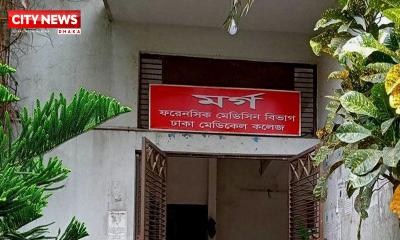

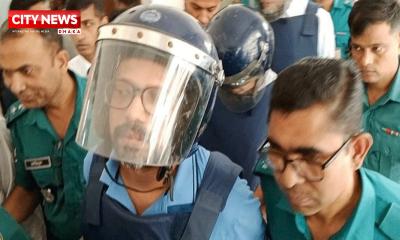
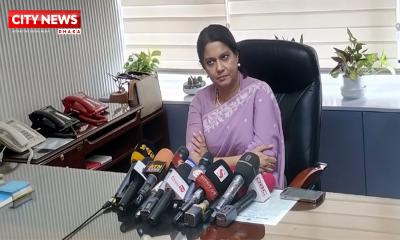
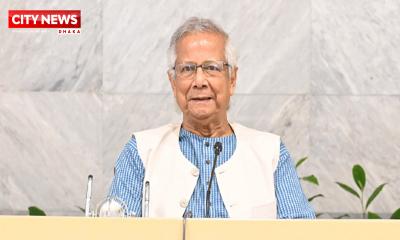

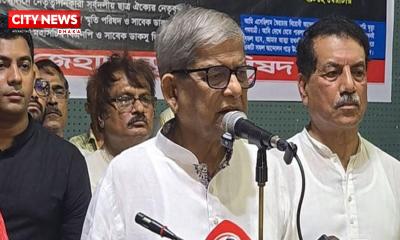


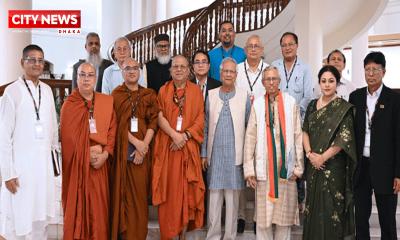
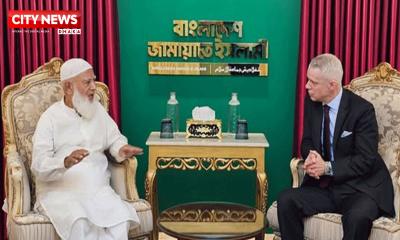
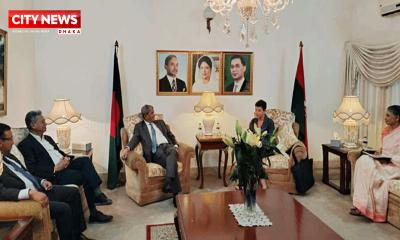
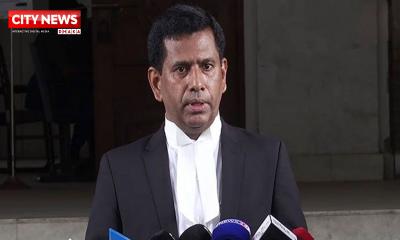
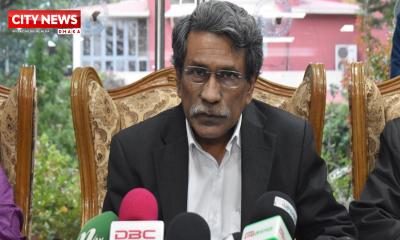
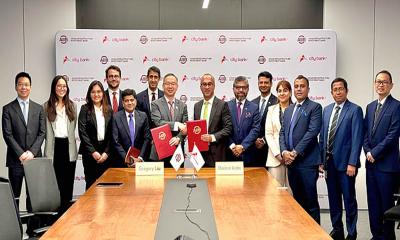
Comment :